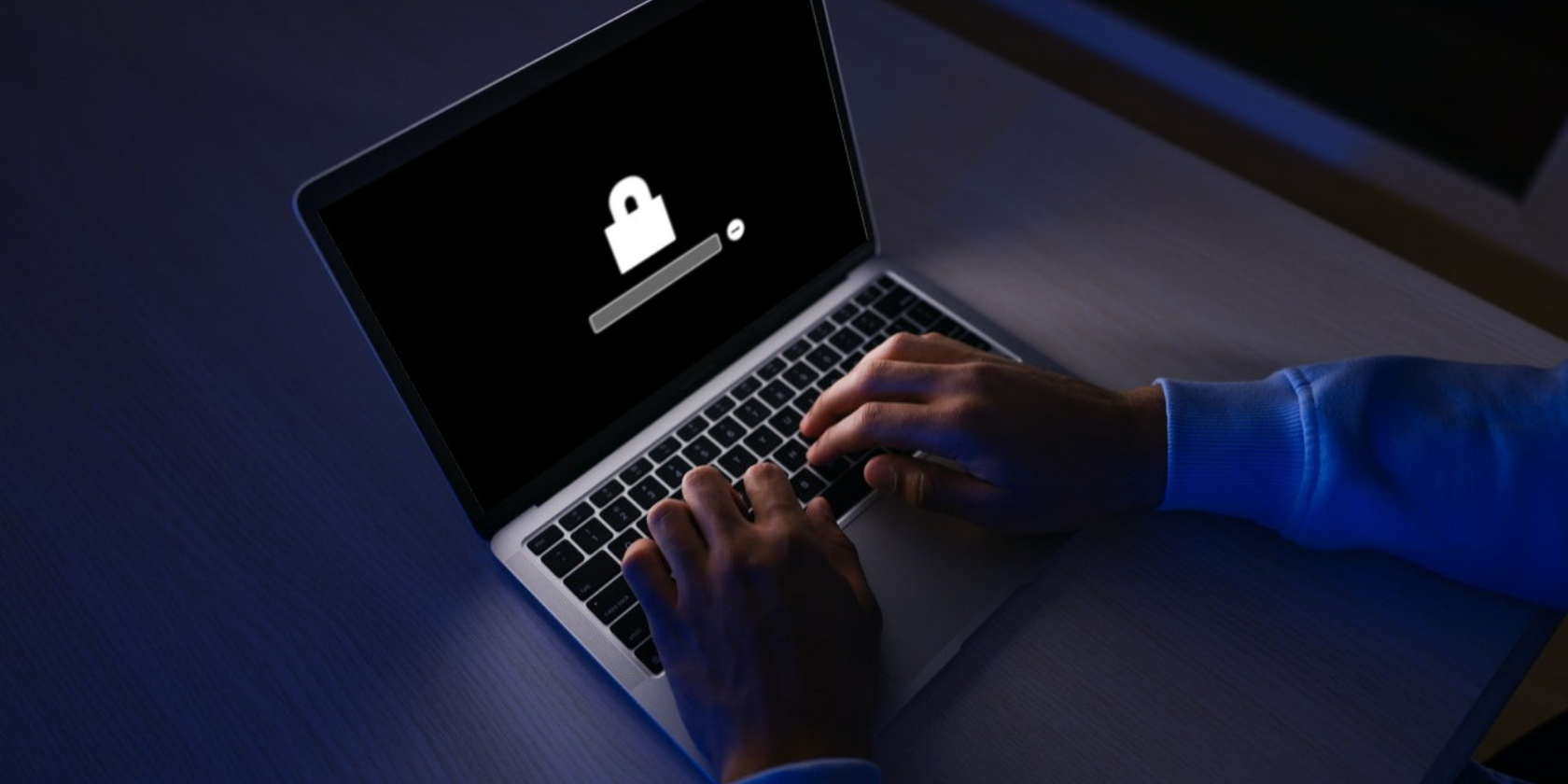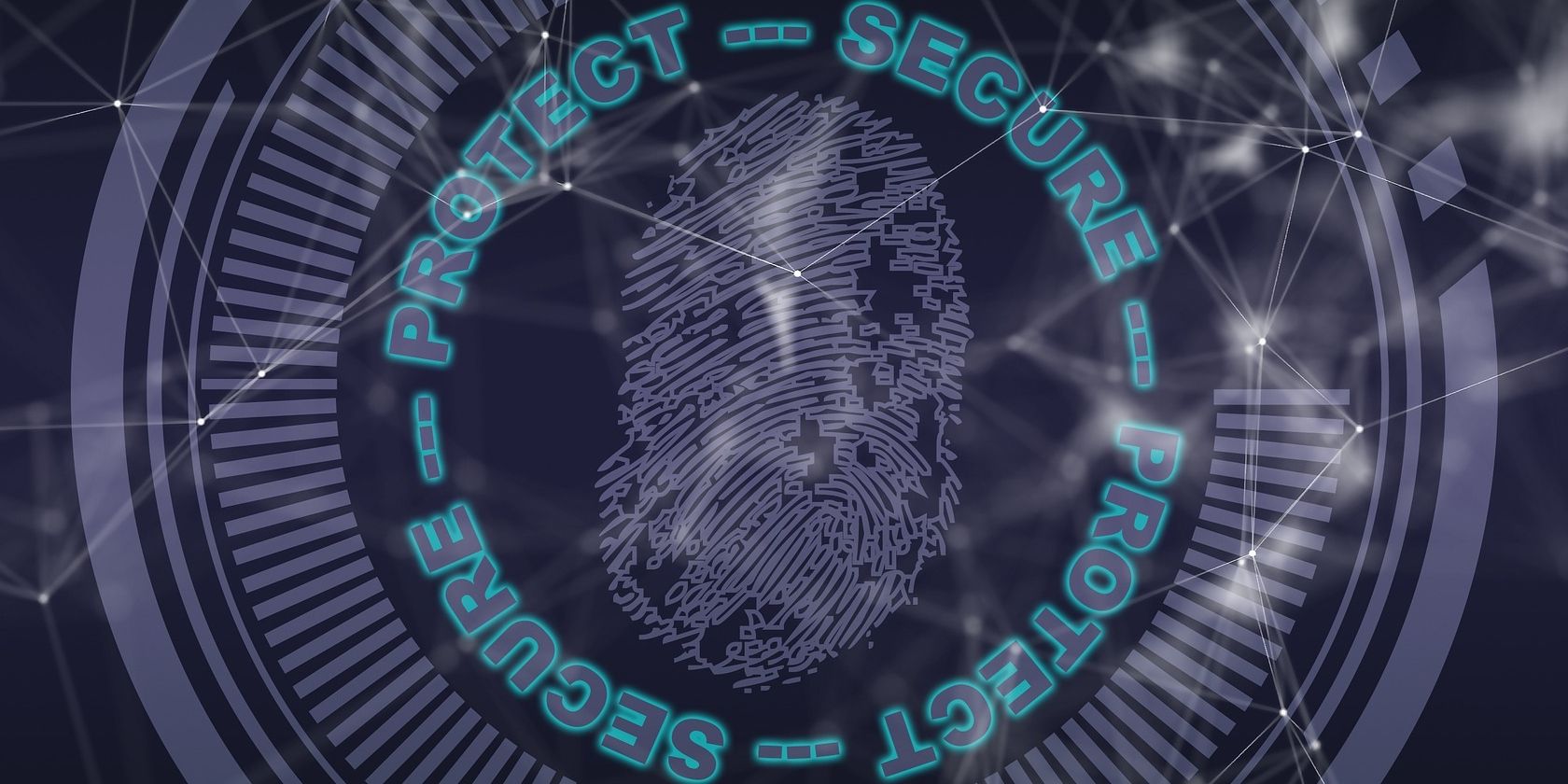Our lives today are filled with online accounts and services that need passwords. From social media accounts to bank and payment accounts, we all secure them with passwords.
It is common knowledge that reusing passwords is a bad habit. So, we're inclined to have as many unique passwords as possible.
Unfortunately, this is very tasking and somewhat impossible because the average human brain can only memorize so much.
So, if you find it difficult to remember passwords, you may be affected by what's known as password fatigue. But what exactly is it, and how can you prevent it?
What Is Password Fatigue?
Password fatigue is an unpleasant feeling of exhaustion people experience when they struggle to remember numerous passwords. Password fatigue is also known as password chaos—a fitting name, don't you think? Studies show that the average person has at least 100 passwords. That is a lot to memorize. And it is overwhelming.
Because there are just too many passwords to keep track of, people tend to repeat passwords over different platforms or use very weak and common passwords because they are easier to remember. It takes off the mental burden of remembering passwords.
According to a study by LastPass, 91% of people know the security risk associated with reusing passwords, yet 61% still reuse them or use weak passwords anyway. This leads to security breaches. But when weighing the consequences, people would rather take that risk than experience the overwhelming feeling of remembering passwords.
What Causes Password Fatigue?
The bid to improve cybersecurity and prevent security risks by increasing the security requirements associated with passwords has led to Password Fatigue, a possibly more dangerous problem. Some requirements that lead to password fatigue include:
- Using long, complex, and diverse passwords with uppercase letters, digits, and special characters.
- Resetting your passwords frequently.
- Making people type in their passwords twice.
- Using complex non-default usernames.
What Are the Dangers of Password Fatigue?
Apart from the mental effect and stress that comes with password fatigue, it also poses a great cybersecurity risk. Humans are the most essential and, hence, most vulnerable part of a system. It doesn't matter how secure a system or device is, it is only as secure as the people using it.
Password fatigue is dangerous because it leads to poor password hygiene. Because people get frustrated remembering many complex passwords, they resort to using weak passwords and even repeating them. Hackers take advantage of this fatigue and compromise the devices and accounts of people because weak and repeated passwords are vulnerable to cracking and dictionary attacks.
Many websites and apps try to ensure people use complex passwords by adding restrictions on password lengths and complexity, contributing to password fatigue and making people store their passwords insecurely. People are known to write sensitive passwords in books or even text files saved on their computers, which, as you already know, is very insecure.
How Can You Prevent Password Fatigue?
Now that we have identified the problems of password fatigue, let's talk about how we can solve them. We can prevent the pressure of password fatigue by implementing passwordless logins, password managers, and SSO in our authentication processes.
1. Password Managers
As the name implies, password managers manage your passwords. A password manager is an application that stores your passwords securely so that you do not have to remember them. These passwords can then be accessed using a master password. Some password managers even generate strong passwords for you to use.
2. Passwordless Authentication
What if you could sign in to your device or accounts without typing passwords? Passwordless authentication or logins enable you to prove your identity without any passwords. Some examples of passwordless logins include biometric scanning like fingerprints and facial recognition, SMS-based authentication, email-based authentication, social media sign-ins, etc
3. Single Sign-On SSO
Single sign-on is a software service that eliminates password fatigue by enabling you to use just one password, automatically giving you access to all your devices and accounts.
Do You Feel Password Fatigue?
If you experience password fatigue, don't be concerned. Password fatigue is real, and many people experience it too.
Thankfully, you can follow the prevention steps above to end password fatigue and optimize your security. And soon, you won't feel it anymore.



